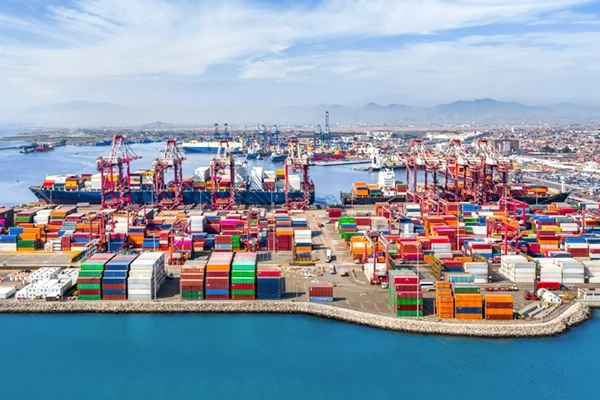
Pioneering Large-Scale Hydrogen Readiness in Maritime Industry
The maritime sector faces pressure to decarbonize, targeting net-zero emissions by 2050. While smaller vessels see progress, larger ships pose challenges. The Gotland Horizon X, a high-speed catamaran developed by Siemens Energy and Gotlandsbolaget, aims for zero CO2 emissions, utilizing multi-fuel capabilities and hybrid propulsion for sustainable transport.















